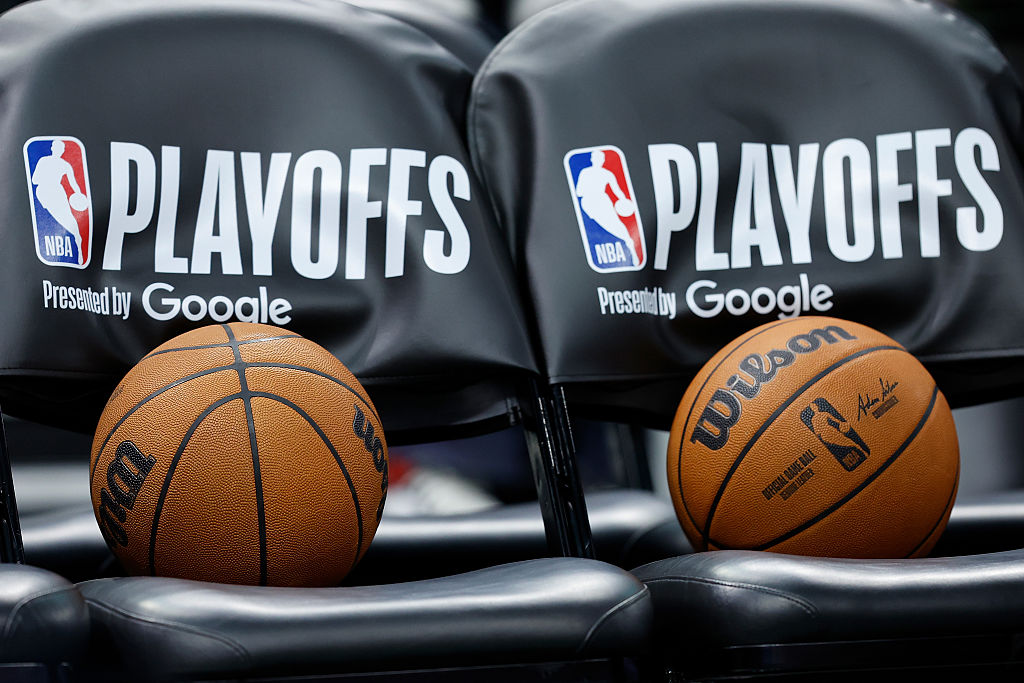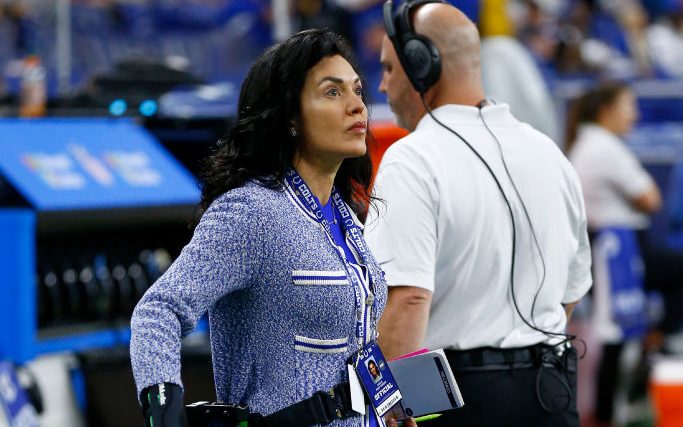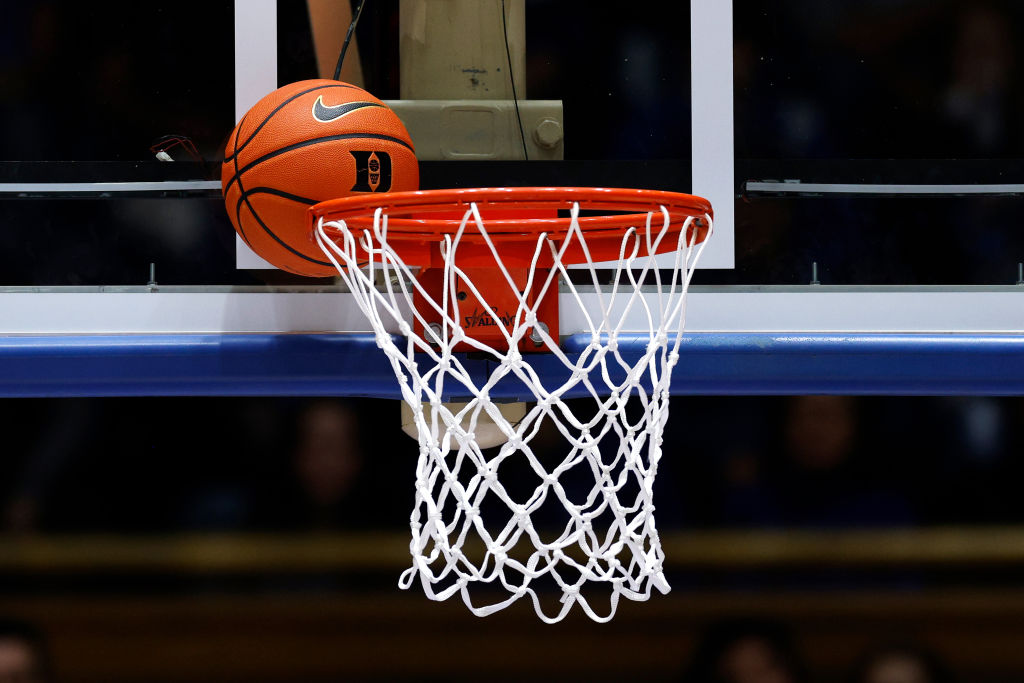Every NBA Team’s Total Tax Paid Since 2012 And How Many Ch...
Every NBA Team’s Total Tax Paid Since 2012 And How Many Championships Came From It

Every NBA Team’s Total Tax Paid Since 2012 And How Many Championships Came From It
The NBA luxury tax is a financial tool designed to maintain competitive balance among teams, punishing franchises that exceed set payroll thresholds.
While some teams have used the tax as a pathway to glory, others have spent heavily without results, and a select few have tried to succeed while avoiding it entirely.
Over the last decade, the luxury tax’s influence on the league’s landscape has been undeniable.
Spending Big and Winning Big
EXTERNAL | NBA 2024-25 Luxury Tax Tracker
For teams willing to exceed the luxury tax threshold, championship success has often followed.
A standout example is the Golden State Warriors.
Since their dynasty began in 2015, the Warriors have been habitual tax spenders.
Their willingness to invest in top talent like Steph Curry, Klay Thompson, and Draymond Green has paid off with multiple titles.
Similarly, the Los Angeles Lakers’ aggressive spending in the 2019-2020 season helped them secure the championship in the pandemic-shortened season.
The correlation is clear; when teams spend smartly in the luxury tax bracket, the rewards can be significant.
Take a look below:
Deep rosters, supported by financial muscle, give these teams a competitive edge, especially in the playoffs where depth and experience often decide outcomes.
When Spending Falls Short
On the flip side, not all heavy spenders have found success.
Teams like the Brooklyn Nets provide a cautionary tale.
Despite spending big to assemble a superstar roster including Kevin Durant, Kyrie Irving, and James Harden, the Nets faltered in their pursuit of a title.
Injuries, locker room issues, and playoff disappointments derailed their plans, leaving them with hefty tax bills and no championships to show for it.
The same could be said for the Los Angeles Clippers, who, despite massive expenditures to bring in Kawhi Leonard and Paul George, are still chasing that elusive banner.
These examples prove that throwing money at a problem doesn’t always guarantee results. Chemistry, health, and strategic decision-making remain just as critical as financial investment.
Teams Avoiding the Luxury Tax
Meanwhile, some franchises have opted to steer clear of the luxury tax altogether, with varying degrees of success.
The Indiana Pacers, for instance, have historically avoided crossing the tax line, focusing instead on developing young talent and maintaining fiscal discipline.
While their strategy has kept them financially stable, it has limited their ability to contend on the league’s biggest stages until now and now they are faced if they should get into the luxury tax to retain their big time players.
RELATED | Understanding The NBA Luxury Tax And Its Potential Impact On The Pacers
Interestingly, the Milwaukee Bucks managed to win the 2021 championship without significantly relying on luxury tax spending, leaning instead on the brilliance of Giannis Antetokounmpo and carefully constructed complementary pieces.
However, such examples are rare, as most championship teams in the last decade have spent heavily.
The Bottom Line
Since 2012, the NBA luxury tax has played a vital role in shaping team strategies and championship outcomes.
For big spenders like the Warriors and Lakers, it has been a worthwhile price for success.
For others, like the Nets and Clippers, it serves as a reminder that money alone cannot buy titles.
And for teams like the Pacers, avoiding the tax altogether offers financial prudence but often limits championship potential.
Ultimately, the luxury tax reinforces an enduring truth about the NBA: while money can build a contender, it’s how that money is spent that determines whether banners are raised or dreams are dashed.



















